Politics
ASIA, BEIJING, BROTHERHOOD ALLIANCE, CHINA, CHINESE FOREIGN MINISTRY, DIPLOMACY, EA, EAO, GEOPOLITICS, HLA KYAW ZAW, INTERNATIONAL RELATIONS, KOKANG, LIN, LIN JIAN, MEXICO, MILITARY, MILITARY COUNCIL, MIN AUNG HLAING, MINISTRY, MN, MNDAA, MYANMAR, MYANMAR NATIONAL DEMOCRATIC ALLIANCE ARMY, NORTH AMERICA, NORTHEASTERN COMMAND, SOUTH CHINA SEA DISPUTE, TA ' ANG NATIONAL LIBERATION ARMY, THAN SOE NAING, TNLA
Nia Simpson
China’s Role in Myanmar Peace Talks Meets Skepticism
China’s effort to mediate peace talks in Myanmar involves pressure on local armed groups like the TNLA and MNDAA, amid skepticism about the effectiveness and sustainability of these negotiations. While Beijing seeks stability to protect its interests, significant local autonomy and unresolved political issues present challenges to achieving lasting peace.
Amid growing skepticism regarding China’s involvement in Myanmar’s peace negotiations, analysts have expressed doubts about the potential effectiveness of current Chinese-brokered talks involving local armed groups. Recently, the Ta’ang National Liberation Army (TNLA) and the Myanmar National Democratic Alliance Army (MNDAA) signaled their readiness to engage in discussions, a move attributed to increased pressure from Beijing. Both groups, part of the Brotherhood Alliance, are part of ongoing resistance efforts against the ruling junta, which has faced significant military setbacks and international scrutiny following its consolidation of power.
Chinese officials, including Foreign Ministry spokesperson Lin Jian, have acknowledged these developments, emphasizing that all parties involved must prioritize the maintenance of security in China’s border regions and uphold the safety of Chinese nationals and investments. Reports indicate that Beijing is not merely a facilitator but is recognized as exerting considerable control over these armed groups, particularly those along its border. This shift in China’s stance is viewed as a necessity to prevent further destabilization of the junta, which has faced significant challenges after losing control of strategic military commands.
Notably, Chinese pressure seems particularly effective against armed groups in northeastern Myanmar such as the TNLA and MNDAA, but the situation varies for other organizations like the Arakan Army (AA), which maintain significant local support and strategic independence, complicating Chinese influence. The AA, which has control of ten townships in western Myanmar, remains resilient due to its local backing and capability to conduct military operations independently from Chinese oversight. On the other hand, the Kachin Independence Army (KIA) continues its resistance efforts while managing its leverage in valuable resource-rich regions, thus retaining its autonomy even under similar pressures.
As the complexities of these negotiations unfold, experts remain doubtful about achieving lasting peace through external interventions. The underlying issues of political power-sharing and long-term federal governance aspirations are not sufficiently addressed by mere truce agreements, as highlighted by analysts. Ultimately, while Beijing seeks to mediate peace for its economic interests, skepticism persists surrounding the feasibility of achieving a sustainable resolution amid entrenched conflicts and deeply embedded grievances within Myanmar’s multifaceted political landscape.
The current situation in Myanmar is marked by ongoing conflicts between the ruling junta and various ethnic armed organizations (EAOs). The junta has faced mounting resistance since its takeover, leading to increased international concern over stability in the region. China, with significant economic interests in Myanmar, is attempting to mediate peace while protecting its border and investments, yet the dynamics between the junta and EAOs complicate these efforts. Analysts indicate that the effectiveness of China’s influence may vary among different armed groups, depending on their resources and local support.
In summary, while China’s intervention in Myanmar’s peace talks has been welcomed by some armed groups under duress, the long-term effectiveness of such efforts remains questionable. The skepticism arises due to the fundamental issues of power-sharing and governance aspirations that are yet to be resolved. Moreover, the varying dynamics among different ethnic groups suggest a fragmented approach to conflict resolution, indicating that external pressure alone may not suffice to foster enduring peace in Myanmar.
Original Source: www.voanews.com
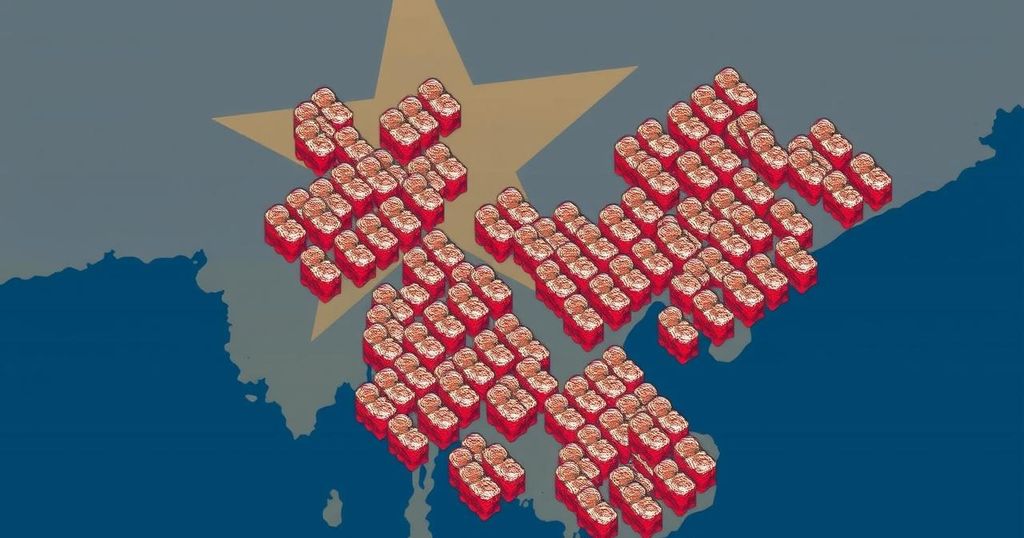

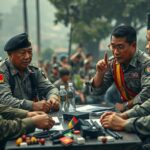

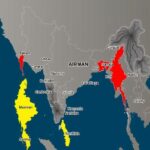
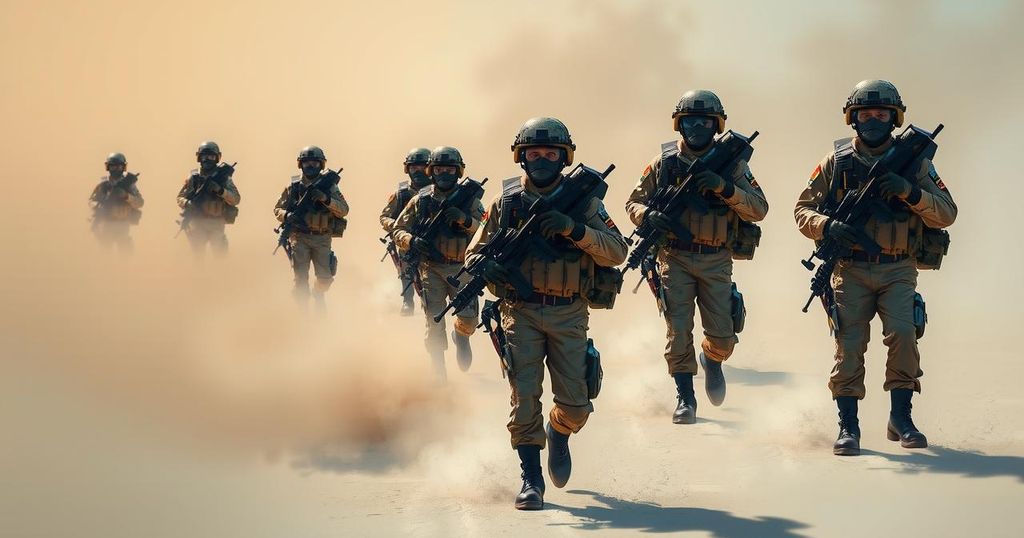
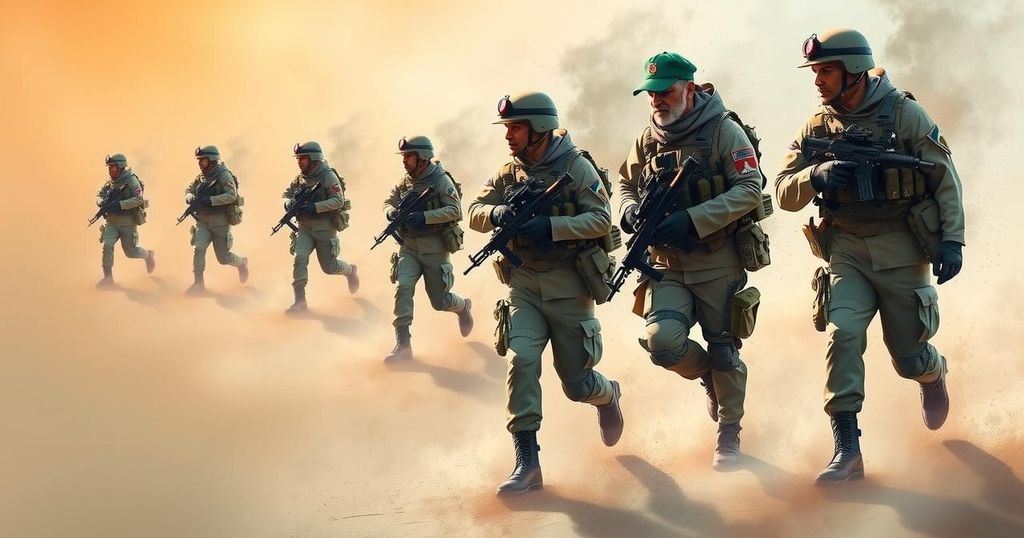

Post Comment